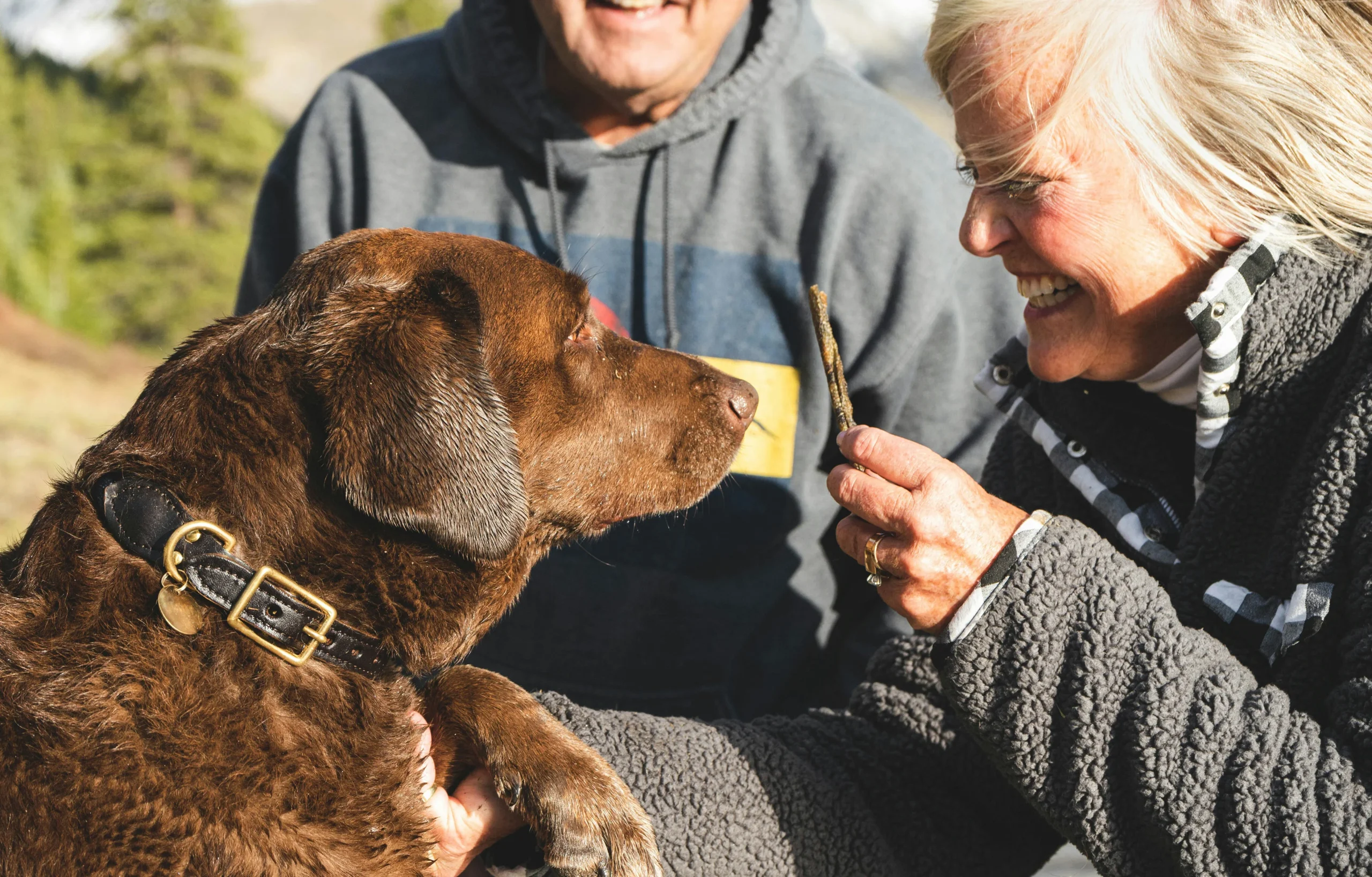Losing a beloved dog is like losing a family member. Their wagging tails, wet noses, and endless love leave a big hole in our hearts when they're gone. If you're facing this painful experience, you might be wondering, "What do I do now?" Here this guide will walk you through practical steps and emotional support to help you navigate this difficult time.
First things first: let yourself grieve. There's no "right" way to feel after your dog dies. You might cry a lot, feel angry, or even numb. Some people feel guilty for not doing enough, but remember—you gave your pup a loving home, and that's all they ever needed.
Grieving is a personal process. Maybe you want to talk about your dog with friends who understand, or maybe you need quiet time alone. Don't rush yourself. It's okay to miss their morning snuggles, walks around the block, or the way they greeted you at the door. Your feelings are valid, and they'll change over time.

Many pet parents choose cremation. You can ask for a private cremation to get your dog's ashes back, or a communal one if you prefer. Some people put ashes in a special urn, scatter them in a meaningful place (like their favorite park), or even turn them into a keepsake, like a piece of jewelry or a memorial stone.
If you bury your dog at home, check local laws first—some places have rules about pet burials. You could also use a pet cemetery, which offers a peaceful, permanent place to visit. Make sure the spot is safe and marked so you can remember them easily.
Your vet can help arrange these services. They often have partnerships with pet crematories or cemeteries, which can make the process easier. Don't hesitate to ask for help—they understand how hard this is.
Making a memorial can help you feel connected to your pup. It doesn't have to be fancy—just something that feels meaningful to you. Here are some ideas:
These memorials won't take the pain away, but they can bring comfort and keep your dog's memory alive.
If you have other dogs or pets, they might notice the loss too. Some animals act differently—they might seem sad, stop eating, or look for the missing dog. Be patient with them. Keep their routine as normal as possible, like feeding and walking times. If they're really stressed, talk to your vet for advice.
You don't have to go through this alone. There are many people and resources that can help:
Remember: it's okay to ask for help. Grief is heavy, but sharing it can lighten the load.
Some people feel ready for a new dog soon after a loss, while others need months or even years. There's no perfect timeline. If you're thinking about getting a new pet, ask yourself:
There's no right answer. Some people find comfort in adopting a rescue dog who needs a home, while others wait until their heart feels ready. Trust your instincts—you'll know when the time is right.
It's hard to see past the pain right now, but try to focus on the good times. Think about how your dog made you laugh, how they were there for you during tough days, and the joy they brought to your life. Their love was a gift, and that love doesn't end when they're gone.
You might never stop missing them, but one day, the happy memories will hurt less. Your dog's legacy is the love they gave you, and that's something no one can take away.
Losing a dog is one of the hardest parts of being a pet parent. But remember: you gave your dog a wonderful life, full of love and care. Now, be kind to yourself as you heal. Take things one day at a time, lean on others for support, and honor your dog in ways that feel right to you.
Grief doesn't mean you're weak—it means you loved deeply. And that love, along with the memories, will stay with you forever.
If you need more help, start by talking to your vet or searching for "pet loss support" in your area. You're not alone in this journey.
Rest easy, sweet pup. You were loved more than words can say.